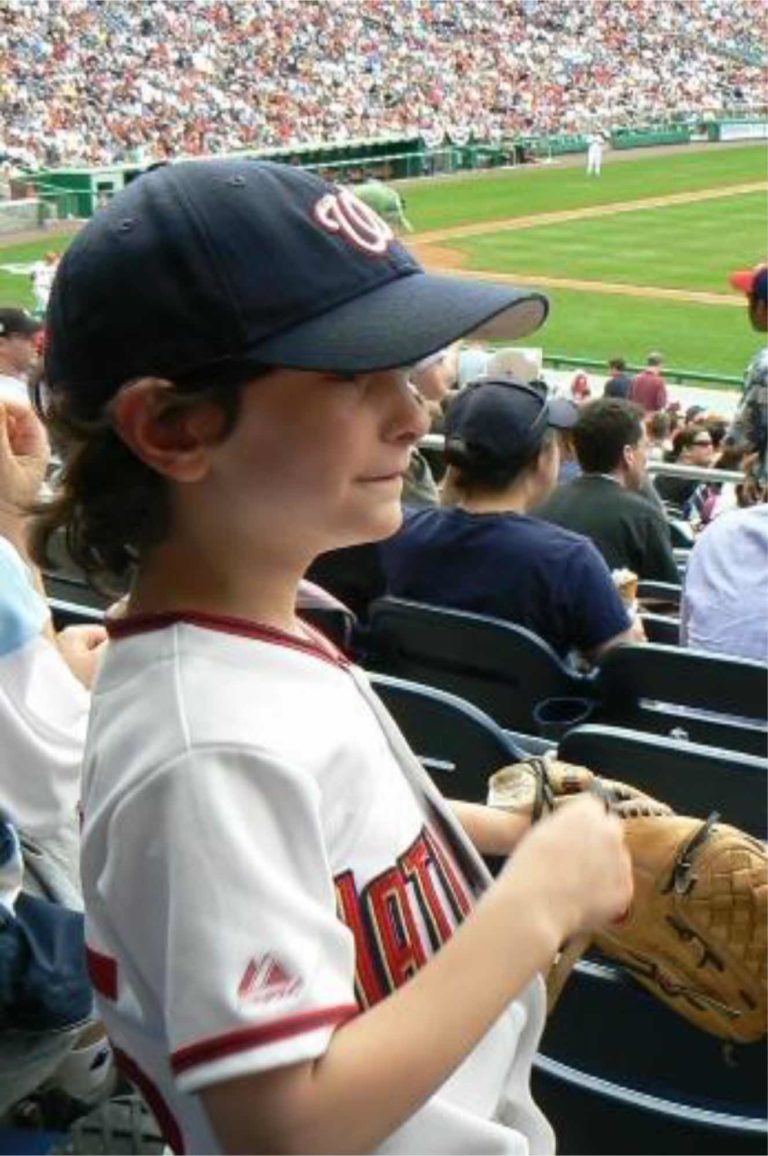At first glance, endings are quite different in literature and treatment. In literature we assume that the writer has a story arc in mind that organizes the writing. A well-crafted ending should, for the reader, in retrospect, seem inevitable: the natural outcome of an unfolding process. An ending that makes sense testifies to the writer’s craft.
Endings in treatment aren’t like that, in part because the process is created by two people with different minds and somewhat different agendas. The clinician might have some idea of where the work could head, but there will be surprises in store. It’s probably a mark of good work that you can’t predict where it will go when you start, that you’re open to seeing where the work takes the two of you. It’s true that sometimes the termination of treatment pulls some things together in a meaningful way, other times it seems to die of attrition. Whereas the writer needs to have a shape of the whole, and to keep that in mind and have it drive the work, in treatment we are more in the moment, trying to make sense of this moment, this hour, and expecting that doing that conscientiously will be productive.
Curiously, endings in lives fall between the two. Over the course of our lives, we generally think about where we’re heading, an arc takes shape, and a forced disruption of that arc can be devastating. There’s meaning in taking stock of a life, but as we’re going through our lives, we don’t know how they’ll end. As we live longer, with greater wisdom offsetting restricted bodies, we may need to write a second chapter, a prospect we hadn’t imagined in our earlier lives, one that needs to be more than an epilogue, and might even be a new beginning.



